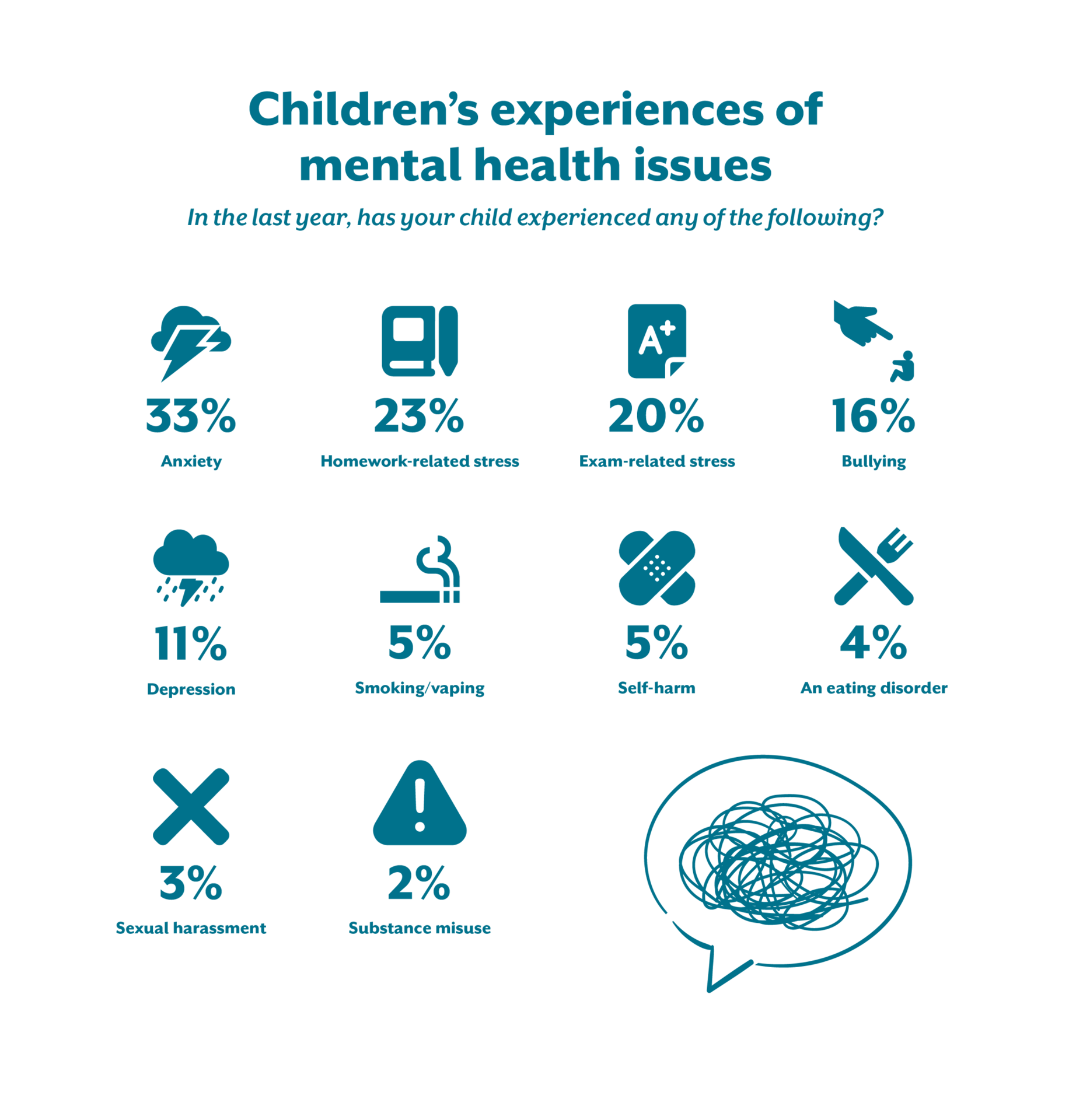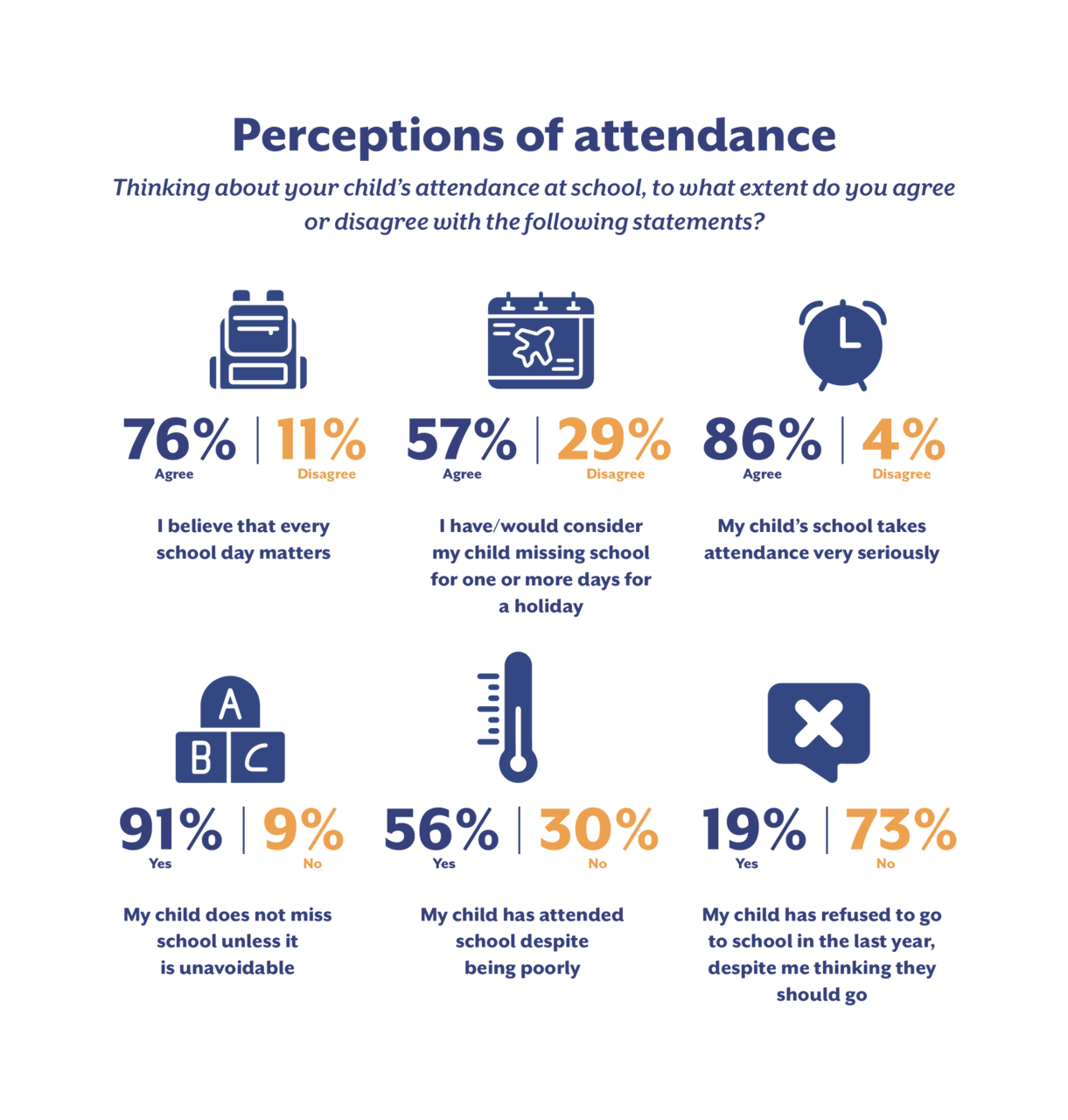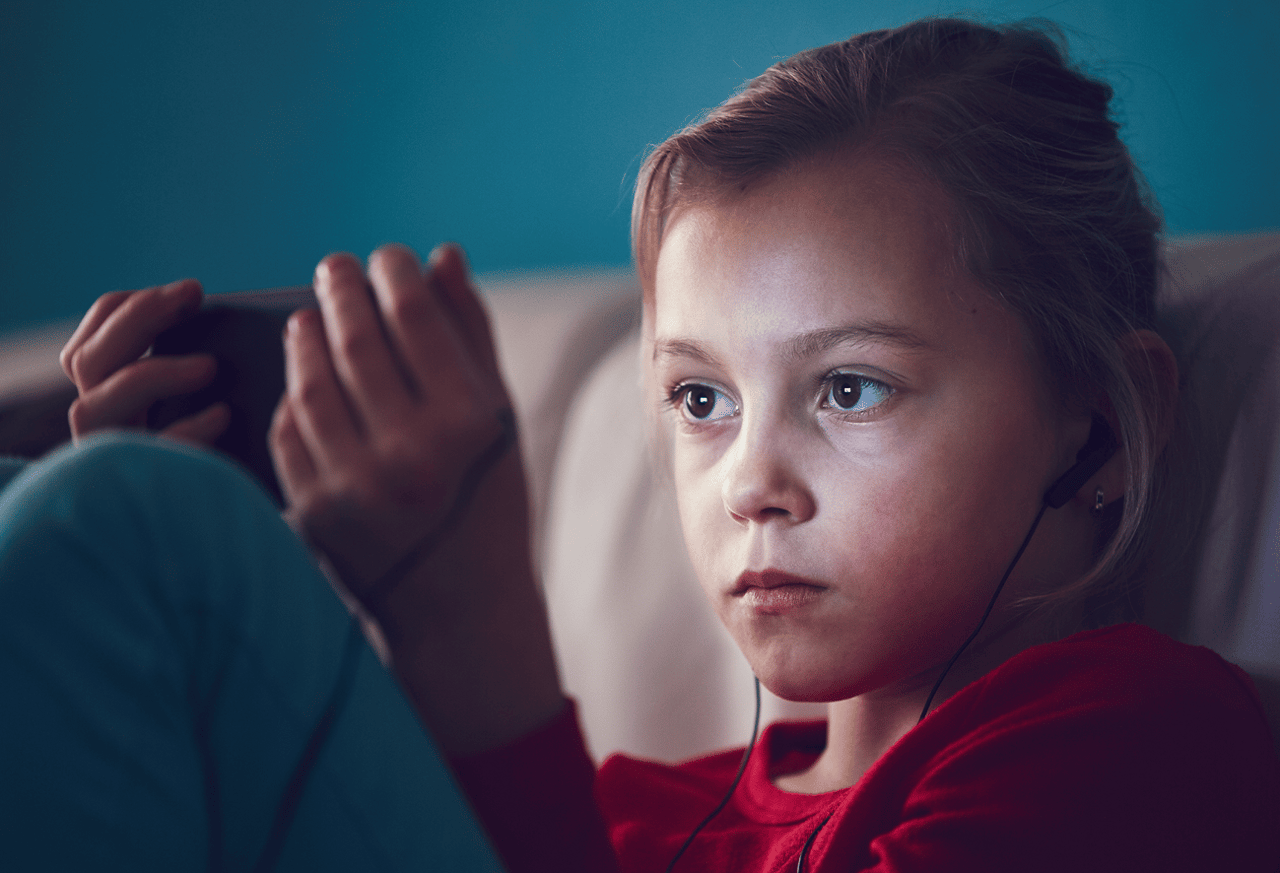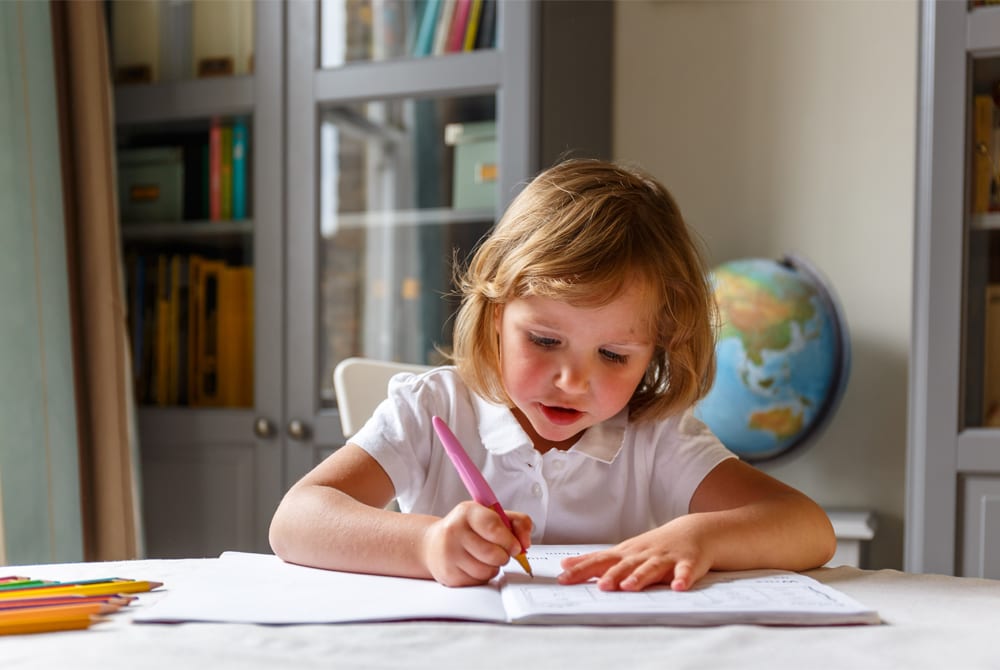


One of the largest surveys of its kind, we listen to parents' greatest concerns.
About The National Parent Survey
As one of the largest surveys of its kind, the National Parent Survey provides educators and policymakers, at every level of government, with unique insight into the views of parents.
Parentkind commissioned YouGov to survey 5,490 parents across the UK, including 862 parents in Wales.
Headlines include:
- 43 per cent of parents in Wales have rationed their heating in the past 12 months to save money, the highest figure across all UK nations.
- Over half (52%) of parents are particularly concerned with the cost of school uniforms and 49% about the cost of school trips. Overall, more than one in five (22%) parents struggle to afford the costs of sending their child to school.
- 1 in 4 (26%) parents in Wales are unhappy most of the time with half (50%) of parents who have poor mental health saying they have sought help from their GP or other health professional regarding their poor mental health and 1 in 5 (21%) saying they have missed work in the past 12 months as a result of poor mental health.
- Over half (53%) of parents from Wales whose child uses an electronic device outside of school are concerned with how long their child spends on electronic devices. 13% of parents said their child spends at least seven hours – that’s longer than a typical school day.
This survey is full of data that should make us all sit up and think again about the barriers preventing children from succeeding in education and how we support parents. Our hope is that the National Parent Survey will play an important part in ensuring that the voice of parents is heard.
3.7 million parents are struggling to pay their bills.
Mental health and wellbeing
Over 2 million parents say their mental health is poor or very poor


School attendance
1 in 5 children refused to go to school in the last year, despite their parent thinking they should


Screen time and its impact
On a typical weekday, 1.5 million children spend more time on electronic devices than they do at school


The cost-of-living crisis is hitting parents hard
It comes as no surprise that one of the biggest concerns for parents right now is the cost of living. Many of the parents we spoke to are struggling to keep their family afloat, and the poorest often sacrifice eating meals and heating their homes in order to pay for things their children need.
As day-to-day finances are a struggle, saving for the long-term is an impossibility for some. More than a third of parents have less than £500 in the bank for a rainy day. This in turn means they have to sacrifice holidays, family trips out, hobbies and more.
Parents are struggling with their mental health
Being a parent is tough, and many have told us that they are struggling with their mental health.
As well as the stresses and pressures of work and home life, some parents tell us they have little time for self-care, hobbies and friendships. They also feel that society doesn't value them. Almost a quarter of parents told us they aren't happy most of the time.
The poor mental health of parents can have a direct impact on the mental health of their children. As we're in the midst of a mental health crisis with many health services struggling, we urgently need to do more to support families in need.
Parents are worried about screen time
There’s no doubt that the future is digital. Technology has changed the way we learn, work and socialise. It is and will continue to be a huge part of our children’s lives, but how much screen time is too much?
On a typical weekday, parents said their children spend on average 3 hours and 20 minutes on electronic devices outside of school, rising to an average of 3 hours and 40 minutes for secondary/post-primary-aged children, children eligible for free school meals and children with SEN.
What we need to do
This survey is full of data that should make us all sit up and think again about the barriers preventing children from succeeding in education and how we support parents.

28% parents say their child has missed school due to poor mental health.
About Parentkind
As a national federated charity, Parentkind gives those with a parenting role a voice in education.
We invest substantial resources in representing parent views on their child’s learning to local, regional, and national governments and agencies. Evidence tells us that parental participation in education benefits all children in all schools and society as a whole.
Parentkind’s network of 12,800 Parent Teacher Associations mobilises over 100,000 volunteer fundraisers to raise in excess of £120 million annually to fund vital equipment and services for our schools.
Sign up for updates on our work
69,000 primary school children don’t have enough age-appropriate books at home.
Help us share the voice of parents
We will be sharing the voice of parents on all of our social channels as well as the key findings from the report.
We have created a social media toolkit which includes ready-made posts for you to download and share on your social channels.
Thank you for your support in helping to make sure the voice of parents is heard.
Methodology
The National Parent Survey was conducted online by YouGov.
The fieldwork took place from 26th April to 16th May 2024 amongst 5,490 parents in England (3,012), Scotland (1,313), Wales (862) and Northern Ireland (303), who have at least one child aged 4 to 18 in school.
The figures have been weighted and are representative of all British adults aged 18+. All figures, unless otherwise stated, are from YouGov plc.
Analysis and reporting was carried out by Parentkind. Unless otherwise noted, all percentages on the charts/graphics are rounded to the nearest whole number.
Margin of error
As the survey is not polling the entire population of parents in the UK, but rather a sample of the population, results are subject to a margin of error which is estimated to be between 0.5 and 2.5 percentage points for the whole sample. The exact margin of error varies with the proportion considered.
This means that, if for instance, according to the survey 26% of respondents strongly agree that their child enjoys school, in reality the proportion is likely to be between 23.5% and 28.5% (i.e. the margin of error would be +/-2.5%). Statistically significant differences in results for particular demographic subgroups are mentioned in the report.
Parent and pupil numbers
Where we’ve made reference to parent numbers in the report, we have first estimated the number of parents of dependent children aged 0 to 18 using ONS data on family and household types, and assuming ‘couple’ households have two parents and single parent households have one parent. Using ONS data on the number of children aged 0 to 3 and family composition, along with WHO data on child spacing, we have then estimated the number of parents who have at least one school age child (aged 4 to 18), which is the number we use in the report.
The pupil numbers in the report have been estimated using information on the total number of primary, secondary or all pupils in Scotland published by the Scottish Government in December 2023. Where for example 20% of all parents reported their child had experienced a particular issue in the last 12 months, we have assumed that this would be true for 20% of all pupils.

